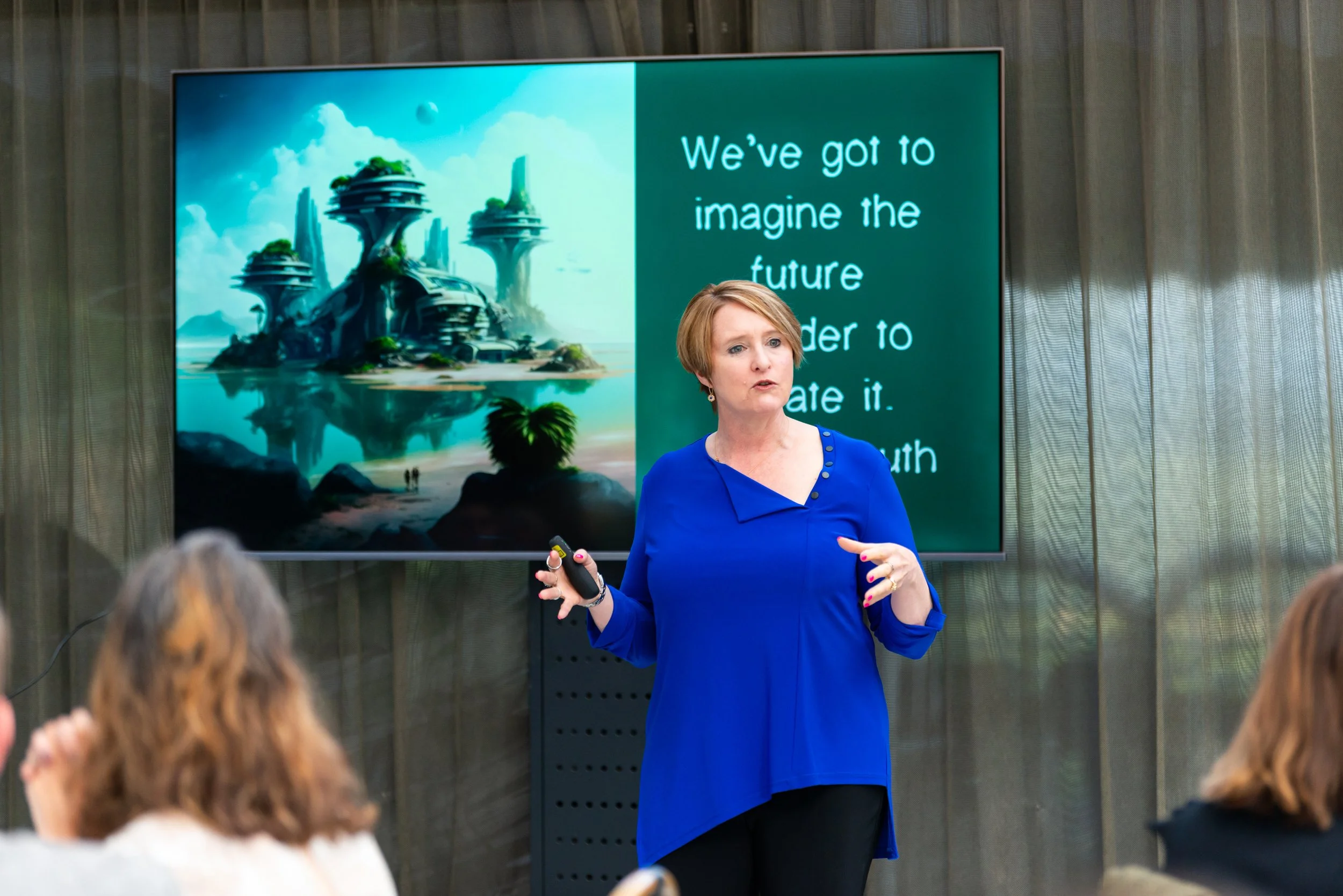One of the most neglected leadership responsibilities is deliberate care of corporate culture. We know culture is important, but secretly we just hope that people will get along and just get on with it. When there is so much to do, managing office politics is a massive drain on energy and morale. Left untended, the results are devastating. Ignore it at your peril.
Our leadership journey is walked alongside others, not parallel to them
All corporate cultures have a natural cycle: they are seeded with challenges and opportunities, grow productive, flourish, and then need to lay fallow and recover before a new cycle begins.
One of our first failed leadership responsibilities includes
1. Overworking the team and skipping the fallow stage.
Successful cultures work towards peaks, and recover in troughs. These are great times when we can celebrate, reflect, and learn from our efforts. Without these breaks, work is a grind, and culture decays.
2. Too much task, not enough team.
CEOS can be hard-charging, results-driven leaders. In the pursuit of hitting targets and showcasing progress, we can forget that all that adrenaline, cortisol, dopamine, and endorphins needs some rebooting. This only happens with the people-oriented biochemicals that come from recognition, celebration, and acknowledgment.
3. No Culture Compass.
A Culture Compass summarises who we serve, our values, and our charter of agreed behaviours. It’s our guide for embedding a leadership mindset in each of our team members. Without one, behaviours can decay.
Maintaining standards is a crucial leadership principle
4. Letting the standards slip as you walk past them.
No leaders I know enjoy reprimanding people or pointing out poor performance. Many of us just want to be liked! Even when our energy is low or we are swamped, the consequences of turning a blind eye to corporate culture breaches seeds weeds we will forever be pulling out.
5. Blaming corporate culture problems on personalities not systems.
It’s so easy to think tensions are personality conflicts. That allows us to rinse our hands of the tension. More often than not it’s one of the systems that is driving team members to spar. Maybe the resource allocation process creates a bottleneck putting pressure on executives to get what they can, however they can. Maybe the recruitment process is choked with approvals so executives are left short-handed, and short-tempered, as the pressure mounts. Before determining that it's a lack of leadership attributes that is causing a rift, look to the systems.
We need to be developing our people to a solid leadership framework
6. Not honing the leadership skills of our people.
Leadership development is not a ‘nice to have’. If we want to break free from the time-sucking experience of being the Chief Problem-Solver, then we need to uplift leaders around us. While the CEO sets the culture with their team, it’s the leadership skills of all the team that bring it to life consistently.
7. Poor boundaries.
Many CEOs will assume that people will do the right thing. The problem is that what we think is an obvious ‘right thing’ is not always explicit for others. Assumptions are evidence of poor leadership empathy. It seems banal, and maybe even a little patronising, but it is far from it. We need to make sure boundaries like how much team members need to be available when working from home, how much notice is required for taking leave, and other ‘small’ things are clear and explicit. This will avoid all sorts of festering resentments that can cause a corporate culture to go putrid.
How is your corporate culture garden? Which leadership responsibilities do you need to tend to?
***
Related Articles:
Leadership empathy skills to create great corporate culture
Culture touchpoints: your key to stoking a fire
How to kickstart a great culture
***
About the author, Canberra leadership expert Zoë Routh:
Zoë Routh is one of Australia’s leading experts on people stuff - the stuff that gets in our way of producing results, and the stuff that lights us up. She works with the growers, makers, builders to make people stuff fun and practical.
Zoë is the author of four books: Composure - How centered leaders make the biggest impact, Moments - Leadership when it matters most, Loyalty - Stop unwanted staff turnover, boost engagement, and build lifelong advocates, and People Stuff - Beyond Personalities: An advanced handbook for leadership. People Stuff was awarded Book of the Year 2020 by the Smart WFM Australian Business Book Awards.
Zoë is also the producer of The Zoë Routh Leadership Podcast.

